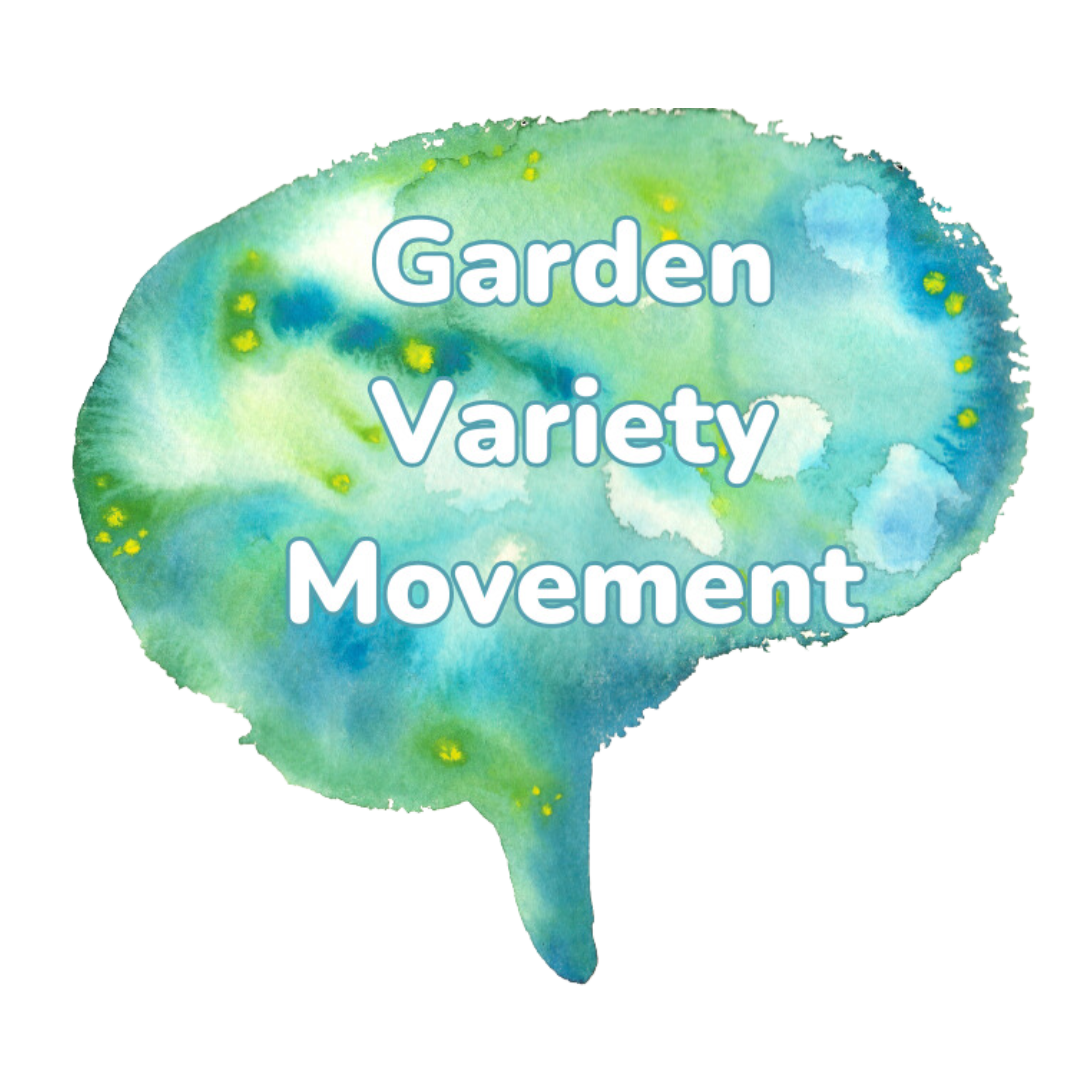Anti-ableist Conversations: Discomfort, Feedback, and Self Care (Part 2)
Part 2
Thank you so much for your open heartedness and how you welcomed my feedback and heard me out today. I have great appreciation for the course and hold it in high esteem. From my experience so far, I see how inclusive you want it to be. There are some ways you can continue to do so that I’d like to share from an anti-ableist perspective:
1. There is a slide that every facilitator puts up at the start of each session which includes the direction to keep cameras on. Every facilitator has also asked us to do this verbally at the start of their session. Because I live with Traumatic Brain Injury and Post Concussion Syndrome, I need to turn my camera off sometimes because this is what is best for me to absorb the information with my given capacity. Is there another way to encourage participation without mandating cameras?
2. Is it possible to please provide access to video recordings of the sessions whether we are present or not? This is an easy way to make the course more accessible to anyone who needs to review what was said.
3. If we apply the practical wisdom of the course to date and the research that backs it up, breaks ideally will be built into the structure of the 3 hour sessions. When the facilitators put the question to the group, I felt uncomfortable having to speak up and ask for a break when the majority wanted to “push through” so I didn’t.
4. In one session, our facilitator raised the idea of handicapping ourselves: “You are self-handicapping when you do xyz….” which sat strangely with me so I wanted to better understand where she was coming from. The language choice signals that able-bodiedness is good and the disabled experience is bad. In her blog she often uses the term and references the work of Edward E. Jones and Steven Berglas who introduced the term self-handicapping in 1978 to mean avoiding effort in hopes of keeping potential failure from hurting self-esteem. I believe the intention is to convey the pitfalls of self-sabotage, but it’s not productive to use outdated language of ability and disability as a metaphor for it. This sent me down a rabbit hole of research on victimhood, gender biases, setting ourselves up for failure. How, if at all, does self-sabotage relate to our abilities? I think the relationship is super complex. The definition of self-handicapping as “avoiding effort” implies people living with disabilities are lazy which is harmful.
This language was distracting to me, making it hard for me to be in "learning mode" and focus on the course content. This was the moment I started to struggle with my psychological safety in the course. This feeling that I don’t totally belong in this group, that I can’t show up and be myself without fear of negative consequences. When I hear language like this in a group, I worry about being judged for who I am.
5. Another session includes an exercise where participants check off stressors they have experienced on a list of possibilities. Some of the stressors are traumas like sexual violence, identity-based marginalization, discrimination. How do we care for ourselves when we are asked to revisit traumas? If it is important to the module, is there another way to do this? If this was acknowledged as difficult and not treated as a dispassionate intellectual exercise, it would help me. Ideally a caring container is created and then closed down to hold all the feelings that come up when being asked to revisit past situations like these.
I’m so excited to hear about the accessibility audit you have planned. It would be amazing if the course could be positioned from the perspective of the end users’ accessibility needs because this can raise the accessibility factor for the entire group. I hope my feedback can be part of the conversations during the accessibility audit.
